The 15 Best Mind-Bending Movies on Netflix
The idea of a mind-bending movie (or a mind-blowing movie, or a mind-fuck; whatever you want to call it) is pretty hard to nail down, but it usually boils down to something that surprises you, does something unexpectedly complex with its plot, or leaves you feeling dazed long after the credits roll. Many films, especially on Netflix, try to replicate this feeling but may only focus on the shock factor. So we’ve put together a list of little-known but high-quality movies on the streaming giant that have surprises up their sleeves or get you to see things in a different way—while still remembering to be great movies as a whole.
Jump to the top 10:
* 5 recommendations are either hidden or no longer available.
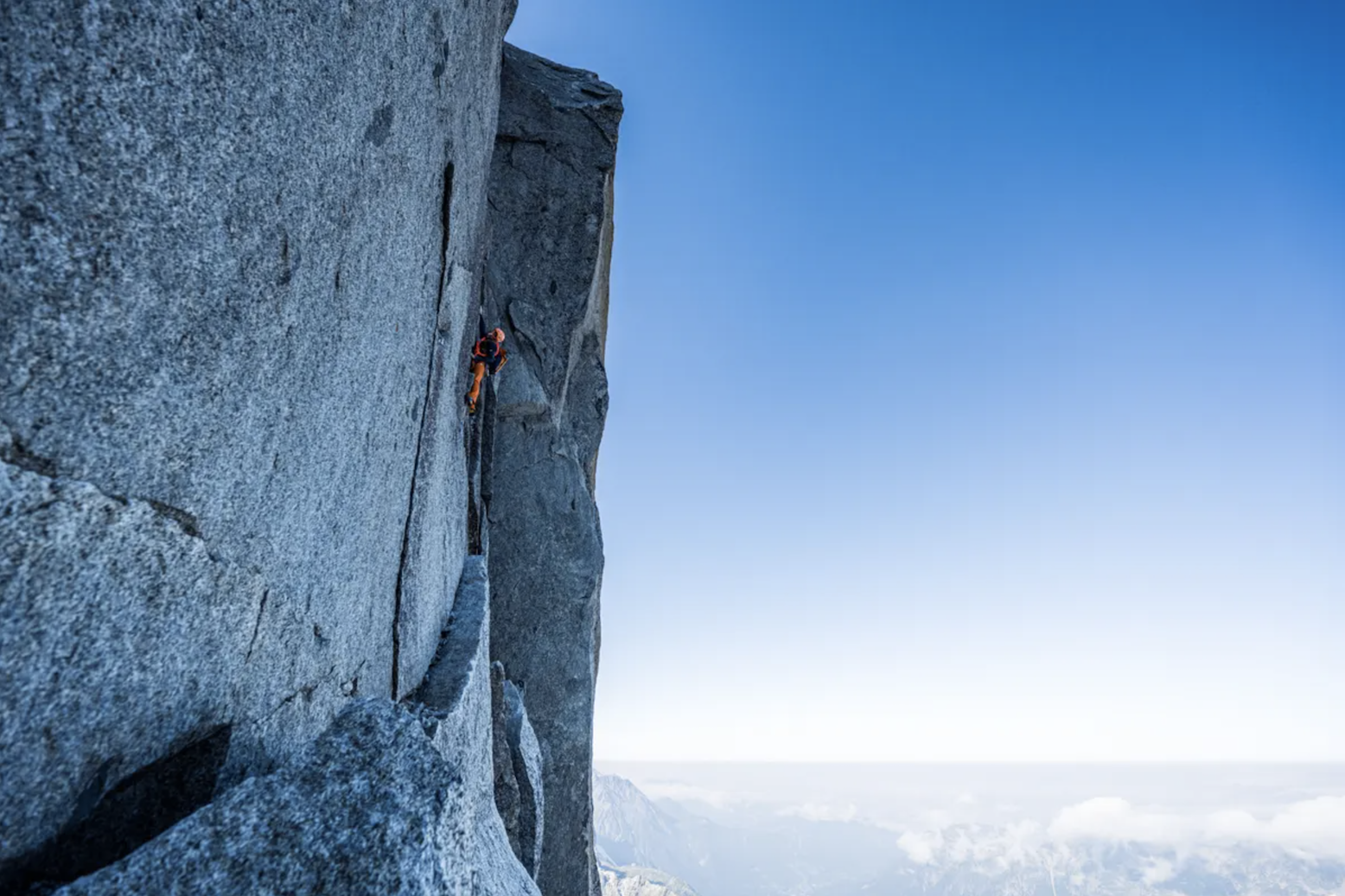
Pushing an already extreme activity even further beyond its limits, Ueli Steck and Dani Arnold have became the world champions of speed climbing—a variation of the sport that places much greater importance on direct competition over communing with nature. It’s fascinating to hear what drives Steck and Arnold to courting death like this, and to see how their vastly different backgrounds and processes have still made them equals in the field. The documentary eventually runs out of ideas, however, as it clumsily shifts tones leading into its last third, and concludes abruptly without much synthesis of everything that had come before. It’s still a worthwhile adventure whether or not one is into climbing; it’s just disappointing that this story of such a unique rivalry settles into a more generic rhythm by the end.
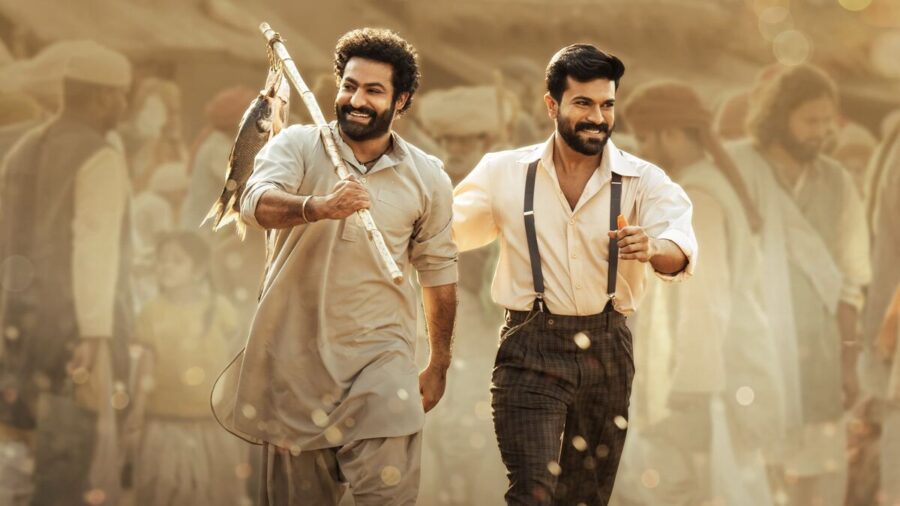
Set in 1920s India, RRR follows two revolutionaries who strike up an unlikely bond and fend off the British regime from their home. In their epic journey to protect their people, they encounter a number of setbacks that prompts them to put their incredible combat skills on full display.
Despite its three-hour run, RRR never drags, thanks in large part to its breathtaking action sequences and eye-popping visuals. It may contain all the familiar beats of a blockbuster, but RRR is notably grounded in its central, political theme of anti-colonialism, the sincerity of which keeps the film’s big heart beating palpably throughout.
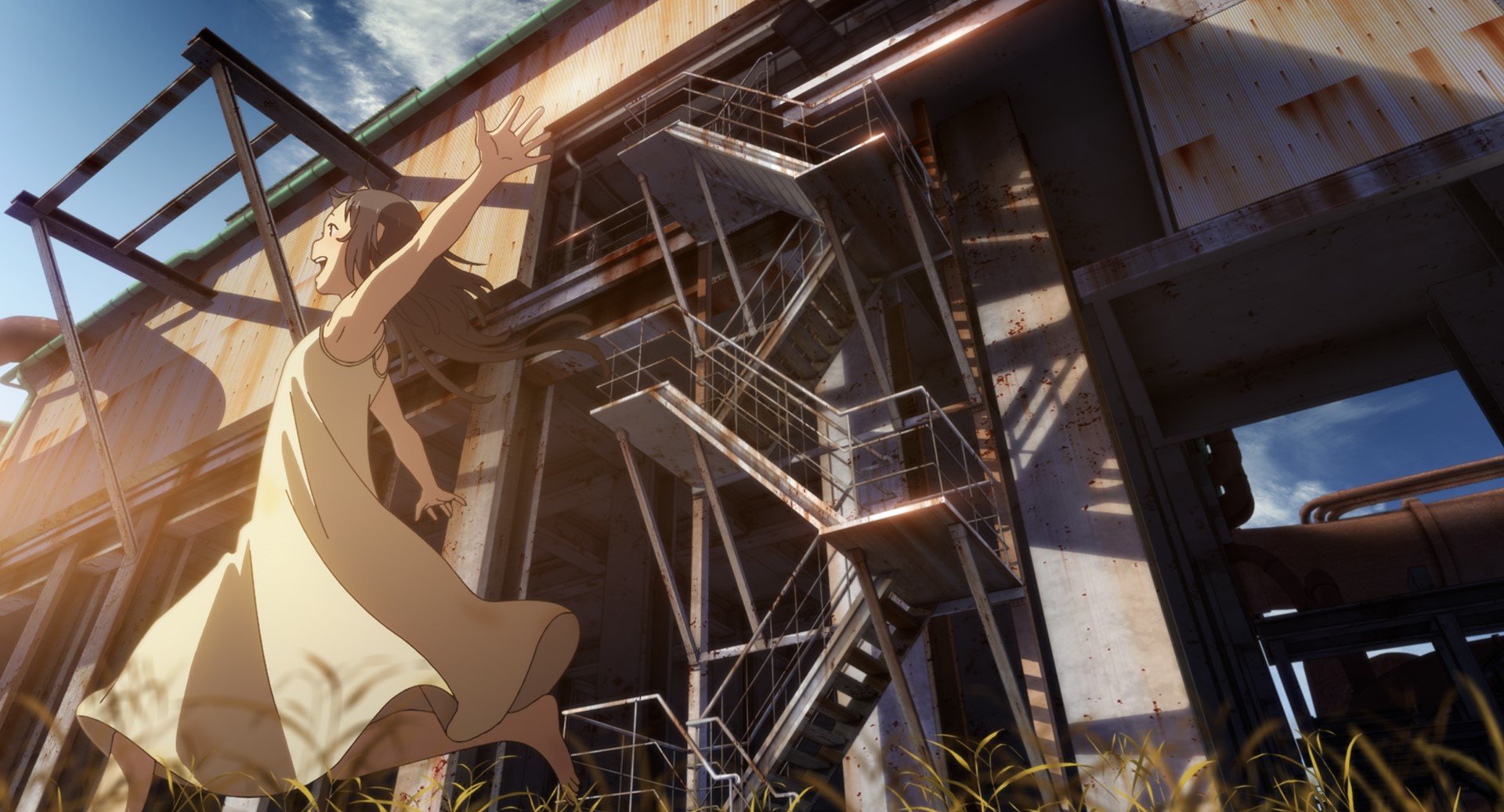
Unlike plenty of time torn films, Maboroshi is the kind of film that doesn’t have a straightforward explanation for the town of Mifuse standing still in time. But even when it doesn’t have a logical reason, the way the film unfolds has a distinct feeling as it explores the illusions the town either could cling to, or release to grow. This kind of storytelling would be familiar to fans of the prolific screenwriter Mari Okada, who just started directing in 2018 with Maquia: When the Promised Flower Blooms, but even those new to her work would appreciate the pure emotion driving Maboroshi, if they can let go of reality and enjoy MAPPA’s exquisite art for a moment.
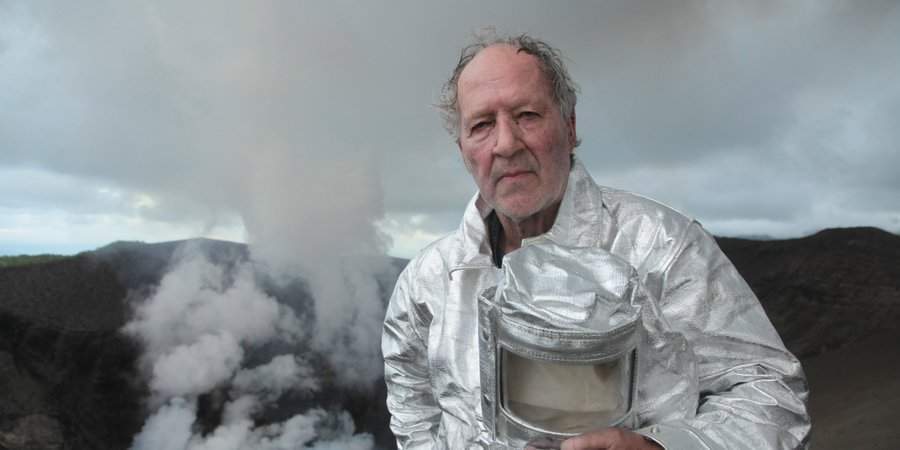
From countries like Finland to North Korea, this amazing documentary explores the most fascinating active volcanoes on our planet. But as it unfolds you realize that Into the Inferno is a movie as much about volcanoes as it is about the people obsessed with them. And who can be called obsessive more than the film’s own director, Werner Herzog, who, with such an explosive career had to eventually make a film about volcanos (bad pun intended). Beautiful scenery, interesting interviews, and Werner’s majestic delivery all make Into the Inferno both an interesting and satisfying documentary.
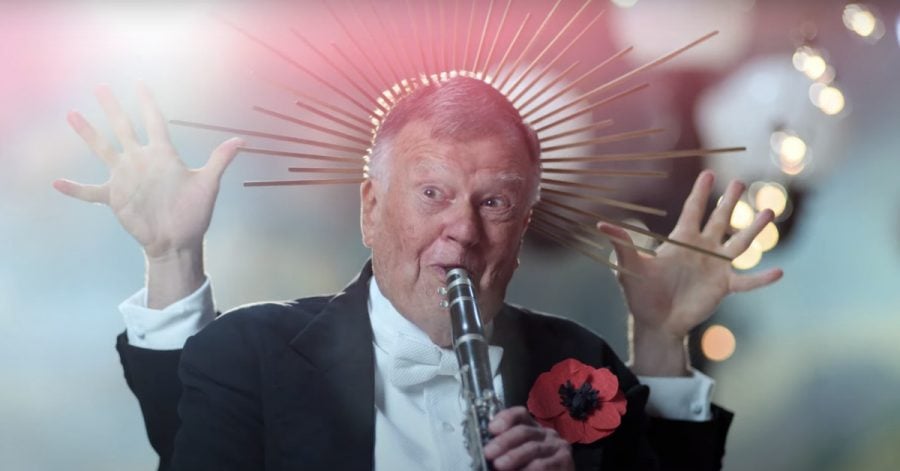
Dick Johnson Is Dead is a heartfelt and unconventional portrait of how one can live life to the fullest even in their darkest days. Kristen Johnson’s follow-up to the highly acclaimed documentary Cameraperson, Johnson shows that her skills are no fluke as she crafts a witty film where she masterfully balances surreal tonal shifts to create a compelling experience. While it does have a repetitive nature, the final thirty minutes are heartbreakingly comedic, and make this one worth a watch!
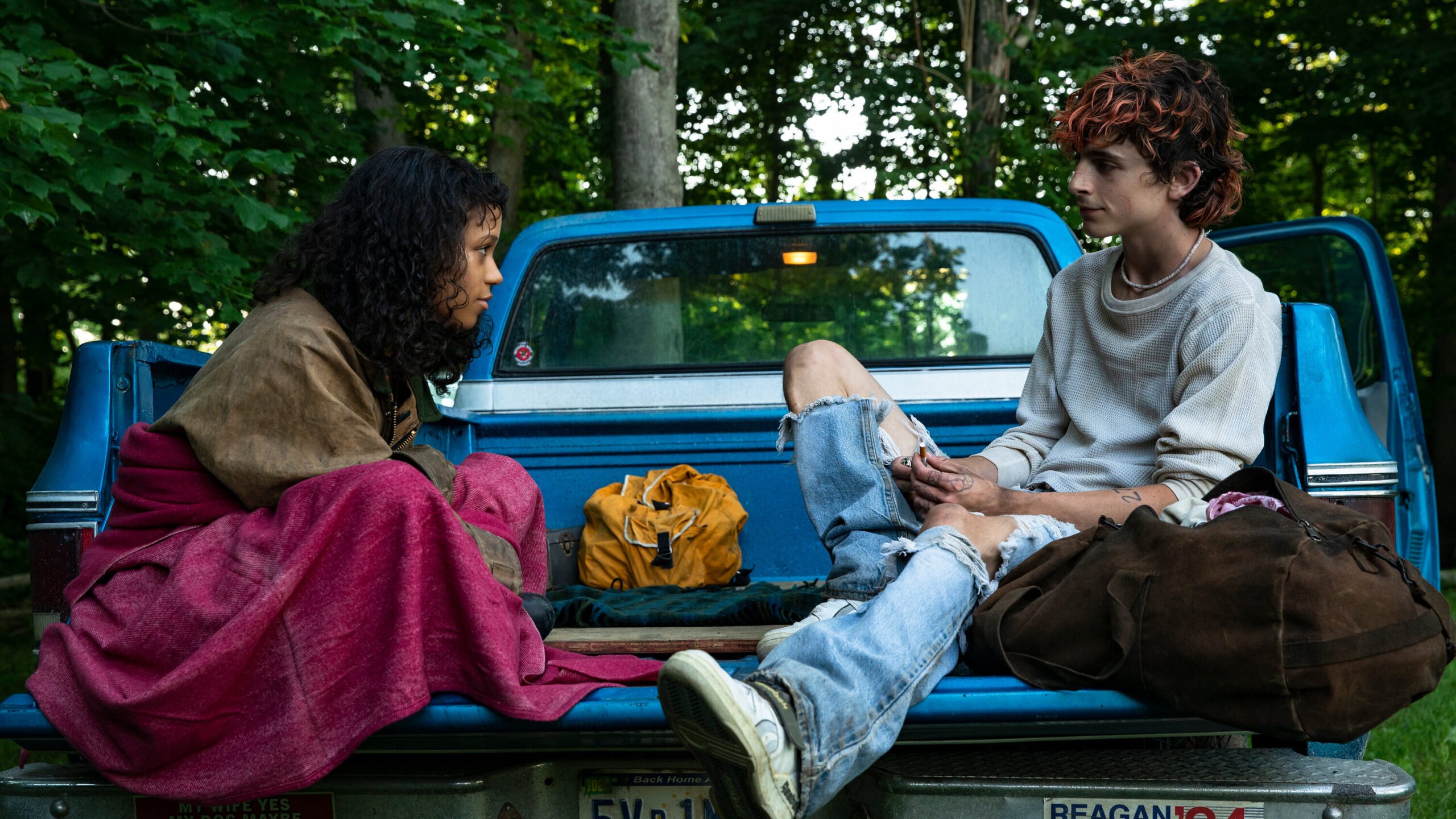
Earnest, beautiful, and tender, Luca Guadagnino’s Bones and All is many things: a road trip movie that sweeps the midwest deserts of 1980s America; a coming-of-age story that brings together two outsiders into an understanding world of their own; and a cannibal film that is unflinchingly flesh deep in its depiction of the practice. Bizarrely, these seemingly disparate elements work harmoniously to create a film that you won’t soon forget, not least because of its rawness.
As the aforementioned outsiders, Maren and Lee (Taylor Russell and Timothée Chalamet, respectively) are bewitching—individually sure but especially when they’re together. They have a bond that is quite difficult to replicate onscreen, charged as it is with so much chemistry and warmth. The background players also bring their a-game when called for, especially Mark Rylance as the disturbing stalker Sully, Michael Stuhlbarg as the creepy but good-willed Jake, and Chloë Sevigny as Maren’s stark mad mother.
It’s worth repeating that this movie goes all in on the gore, so steer clear if you don’t have the heart for these sorts of things. But if you do, the viewing experience is rewarding. Bones and All is as romantic as they get, and rather than bury its message, the many layers on top of its core serve as a meaningful puzzle to unpack and unravel long after the credits roll.
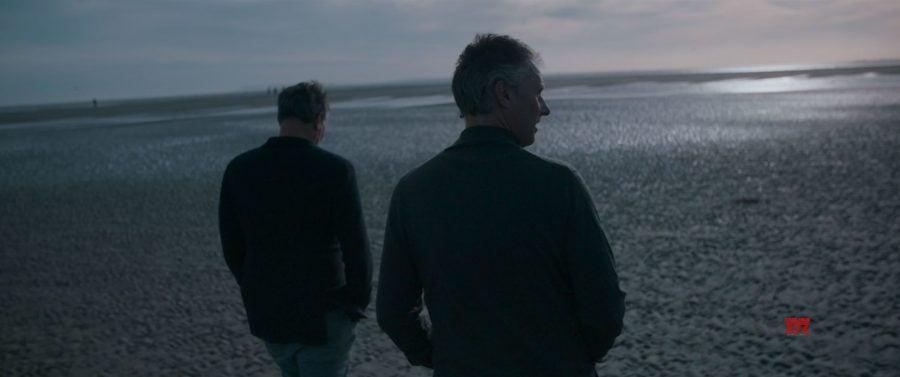
This documentary starts with Alex Lewis, who gets into a motorcycle accident and wakes up in the hospital not knowing who he is. He doesn’t remember anything (not even what a bicycle or a TV is, or who his mother or father are), but he remembers his twin brother, Marcus. When Alex gets back into his childhood home, he’s full of questions, and Marcus is full of answers. However, slowly, Marcus realizes his power to reshape Alex’s version of their past. Marcus leaves one important detail from Alex’s life that makes this documentary (as if it wasn’t already) such an insane story. I know I said it’s a sad movie, but it’s also fascinating and, ultimately, humanizing of the brothers’ experience.
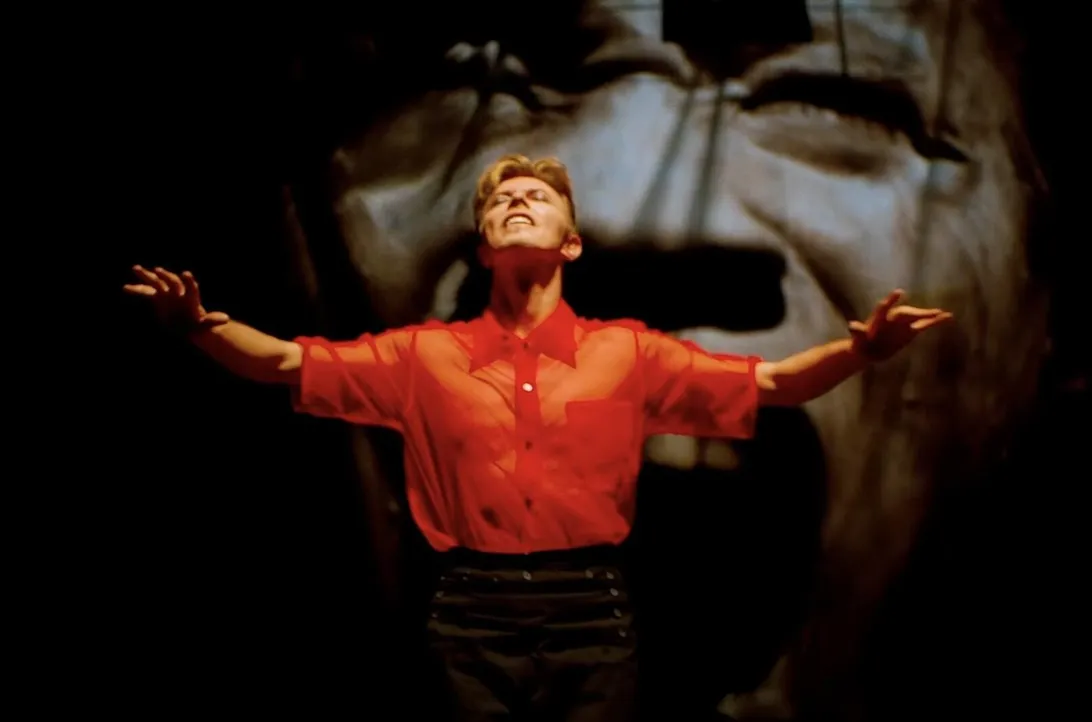
Forget everything you know about the music biopic. One-on-one interviews, chronological storytelling, silent moments with the subjects—Moonage Daydream isn’t that kind of movie. Just as David Bowie isn’t your typical pop star, this documentary about him, directed by Brett Morgen, forgoes the usual beats for something extraordinary and fun.
Moonage Daydream is a concert, a light show, and a masterclass in collage editing. It’s a feast for the senses, a fantastic neon fever dream that paints a picture of Bowie in his own words, drawn from archival footage, interviews, and concerts past.
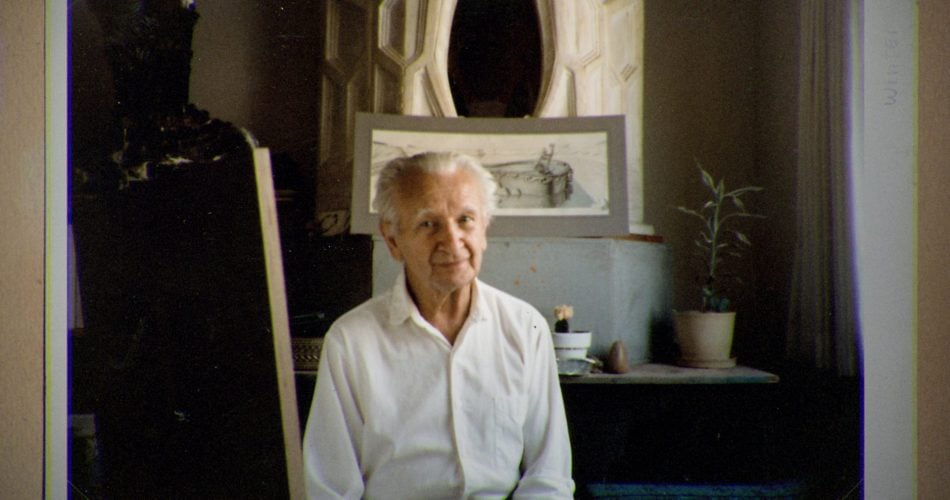
This is an amazing documentary but be warned, the main character has some weird characteristics.
By coincidence, an art collector stumbles upon an undiscovered collection of sculptures and paintings that can only be described as the work of a genius. There was almost no reference to the artist, but upon research the collector finds that they are by a man called Stanislav Szukalski. He traces him down and finally locates him living anonymously in a California suburb.
The documentary, Struggle: The Life And Lost Art Of Szukalski, is a collection of tapes from numerous interviews in the 1980s between the collector and Szukalski. He was helped by George DiCaprio, who would later produce this movie with his son Leonardo (!).
In these interviews it becomes clear that Szukalski is pure genius. The funny thing is that he seemed to be well aware of this fact himself.
Remember the weird characteristics I mentioned in that first sentence? Here we go. Szukalski’s past is full of a lot of antisemitism, sexism and bigotry.
The question that lingers is how exactly can this forgotten-genius story be reshaped by the discovery of his twisted opinions. Can the artist be separated from the art? It’s a personal matter for the people who found Szukalski and later made this movie. It might never get as personal for you, but this movie will sure try to provoke an answer.
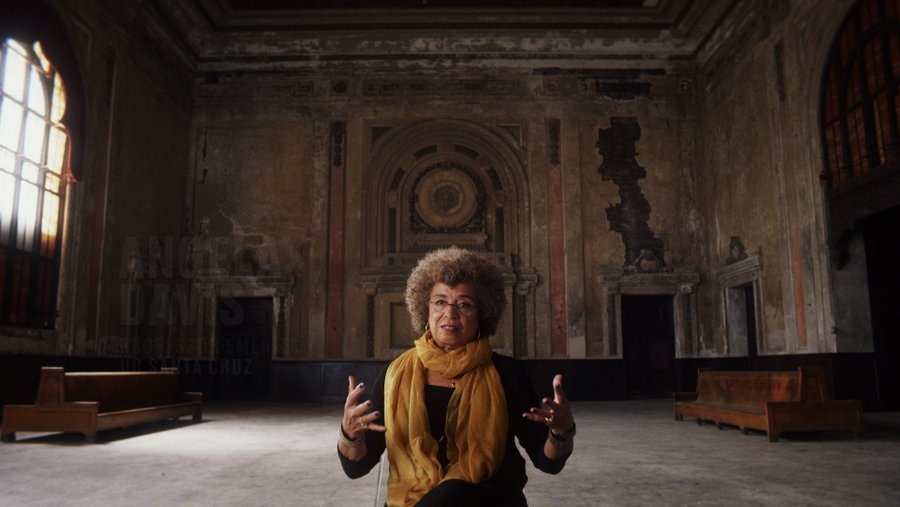
From Selma director Ava DuVernay, 13th addresses the second clause of the 13th amendment: “Neither slavery nor involuntary servitude, except as a punishment for crime whereof the party shall have been duly convicted, shall exist within the United States.” A clause that was immediately exploited and for which the consequences and interpretations explain a significant part of the current American societal landscape. What also unfolds is a highly instructive and thought-provoking film that deals with the idea of progress, and justly pays tribute to the horrifying number of lives mass criminalization ruined.

